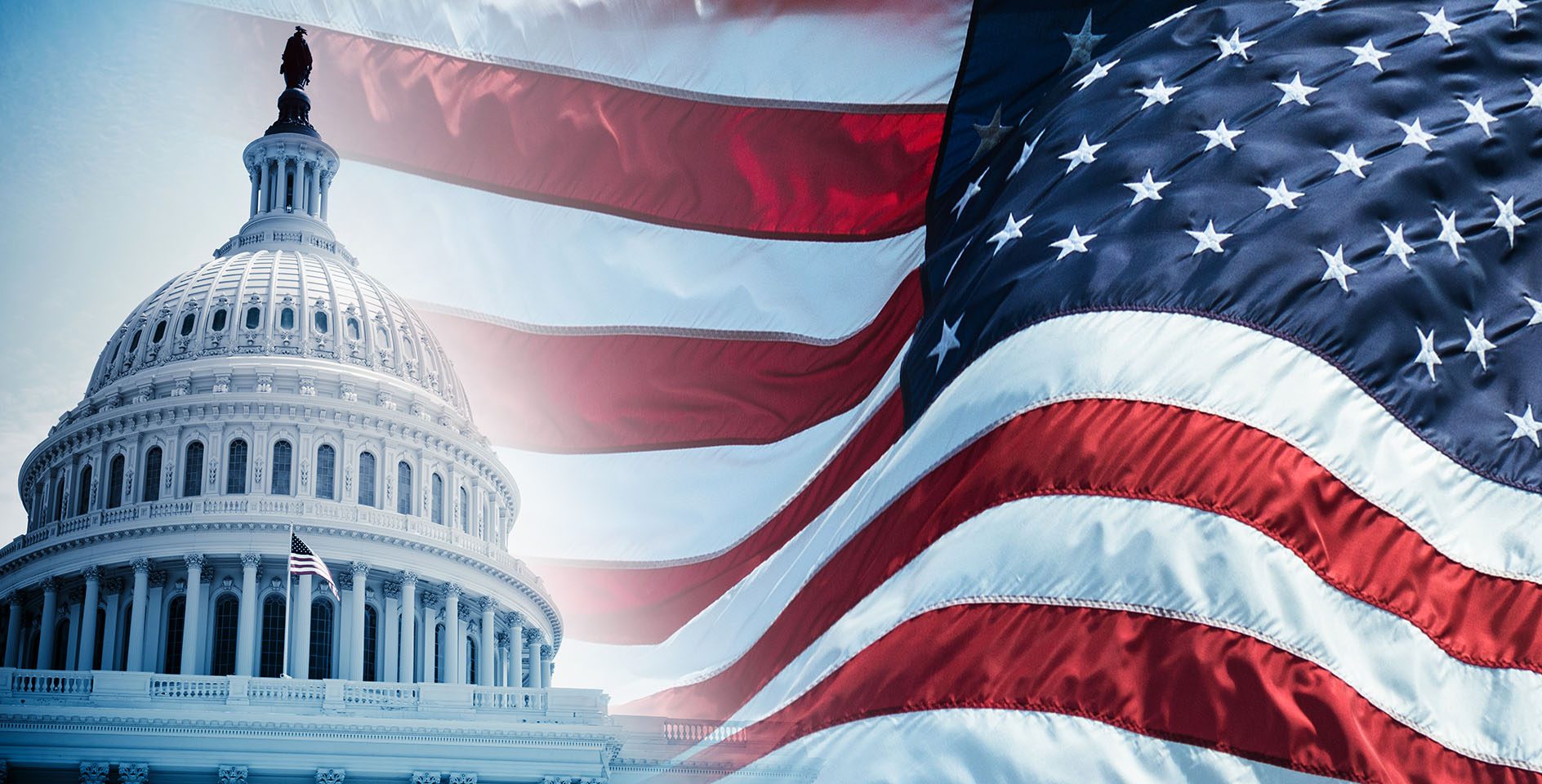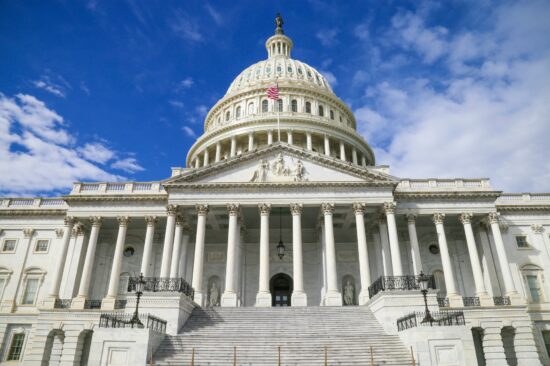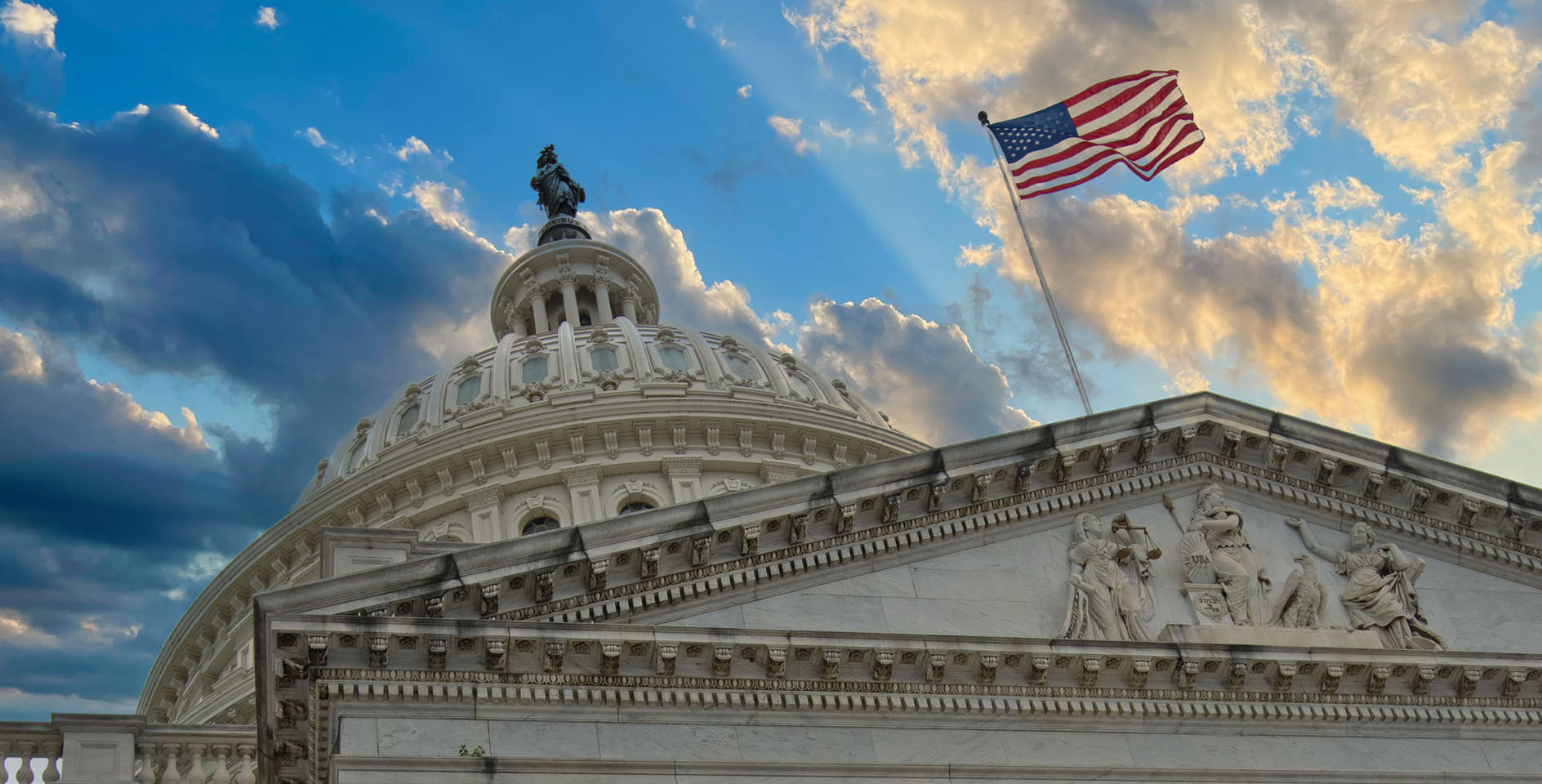Before looking at affection, friendship, and erotic love in his classic study The Four Loves, C. S. Lewis begins by examining our love for the sub-human. And one of these is love of country.
“We all know that this love becomes a demon when it becomes a god. Some begin to suspect that it is never anything but a demon. But then they have to reject half the high poetry and half the heroic action our race has achieved. We cannot keep even Christ’s lament over Jerusalem. He too exhibits love for his country. (22)
Over the course of the rest of the chapter, Lewis sets out the good aspects and the ways patriotism can be twisted to become demonic. Among the former is the admonition that our love of country is rooted in our love of place, and often a particular place with particular people. I love America, but when I picture America, it is Tupelo, Mississippi, that comes to mind, with its downtown area, the local coffee shop I frequent, or the small church I attend.
It is unlikely that I will love “Americans” in the abstract whom I have never met, if I do not love those who I meet every day. Lewis also points out that this love of home can twist itself into a sense of superiority such that we actually come to believe that no other country, place, region, is as good or worthwhile as our own. Further, when one assumes they are a superior nation there is a duty to either civilize (by which he means expand our own borders) all the world or to think that any action taken against an inferior country is acceptable. The love of home, when made a god, quickly becomes a demonic force of destruction.
Adam Wyatt’s Biblical Patriotism: An Evangelical Alternative to Nationalism is a welcome contribution to the study of patriotism because it combats these dangers and emphasizes the good qualities. Drawing on both history and biblical exegesis, Wyatt grounds his study in the concept of loyalty and the sense of virtue. Seeing patriotism as a middle road between the dangers of nationalism and cosmopolitanism, Wyatt argues for a definition that is not only good for society, but for Christians.
The dangers of nationalism and cosmopolitanism
Before looking at the middle road of patriotism, it is helpful to examine the twin dangers that Wyatt identifies for the Christian. On one extreme is the ditch of nationalism, which aligns with Lewis’ definition of a patriotism that sees our nation as superior to all others. Recently, scholars have pointed out the unique dangers that this poses to Christianity and the ways that it corrupts the gospel truth of a universal church. When the nation is held up as all important, it becomes a cruel god, bending all to the will of the state and baptizing any action taken as moral and just.
However, Christians must not slide into the opposite error of thinking that national borders are irrelevant: cosmopolitanism. We all live in a global society where the actions of one country, particularly a large or influential one such as China, Russia, or the United States, have implications for the rest of the world. However, Christians must not buy the lie that our native country does not matter. We are born into a particular place and time, and though national borders may change, they are consequential.
Both nationalism and cosmopolitanism take an important aspect — love of the culture and particularity of our country or our interconnectedness to the rest of the world — and magnifies it to such a degree that virtue becomes a vice. By contrast, Wyatt argues that patriotism, when rightly defined and understood, functions as the golden mean between these twin errors.
Loyalty and particularity
Patriotism is not an amorphous term for a love of country, synonymous with fuzzy feelings when “My Country ‘Tis of Thee” is played. Rather it is grounded in the virtue of loyalty and finds its expression through identification. Loyalty functions as the key to Wyatt’s argument because it is loyalty to a particular country of which the individual is a citizen that defines patriotism. Thus, though I spent a summer in the United Kingdom and came back raving about how much I loved it — much to the annoyance of anyone who would listen — I was not patriotic. I was affectionate. I was even obsessive (there was definitely a Union Jack in my luggage that made its way to my college apartment wall). But I was not patriotic because I was not linked in a meaningful way to the U.K.. I had neither the rights nor duties that come with citizenship.
By contrast, patriotism is anchored in a country that we, in Wyatt’s language, “identify as our own.” This identification begins with loyalty and is expressed through our attachment and appropriation of the country as ours. Thus, patriotism is not static, but it develops over time and in response to stimuli. I was in elementary school, but I still remember the sudden mass appearance of American flags everywhere — banks, classrooms, front doors, even gas stations — after the 9/11 terror attacks. Similarly, in the wake of tragedy, such as the Boston bombing or natural disasters, it is not uncommon for Americans to speak as if they themselves were attacked or harmed in their support or charitable action for those who were. They identify with the victims because of a shared national identity.
It is fair to raise the question of who we can see as part of that shared identity in this polarized time. If citizens live in different Americas based on what we watch on HGTV or listen to NPR, whether we eat at Cracker Barrel or Whole Foods, or buy our clothes from Walmart or Bloomingdales, one wonders if we actually can see ourselves as having a shared story and identity. And for those who have been systematically excluded from the national story, it is understandable to push against all that comes with the national story and culture.
However, as Lewis points out in his examination of patriotism, it is how we reckon with those stories that reveals whether we have a godly or demonic patriotism. Patriotism does not ignore the sins of the past, so long as we do not confuse the saga that we tell with our history. National narratives are to call us, ostensibly, to our better selves. And to say that they are saga, to use Lewis’ term, is not to imply that they are falsehoods, because many are true. But rather it recognizes that they are meant to instill a particular kind of virtue in the citizenry, one that is absolutely — as both Lewis and Wyatt acknowledge — in keeping with the Christian’s duty to the nation. It is the power of story and saga that can uphold virtue and urge us to sacrifice our own desires for the well-being of our country.
And even as we tell the story, Americans especially, should recognize that there is always a reason to expand the story of who counts and is worthy of emulation. In previous generations, that meant recognizing the full dignity of enslaved Africans, granting the right to vote to women, or not prohibiting someone from elected office because of their religion. Now, it likely means recognizing that the person on the other side of the political aisle is an American as well and not our enemy. In all situations, it is recognizing the full dignity of the person and extending to them, on the basis of our patriotic values, the rights which are foundational to our nation. The story may change and include new actors, but its call to deeper virtue remains constant.
Conclusion
In a moment when Christians are debating the proper relationship between church and state and what it means for faithful Christians to exist in a particular nation at a particular point in time, Wyatt’s Biblical Patriotism reminds us that our love and loyalty to country is a good and biblical truth. We may at times rebuke the nation with a jeremiad, just like the Puritans of the 1600s, and we may remind the nation of its failure to live up to its promises and ideals, just like the civil rights leaders of the 1960s. But we do not give up a love for the nation.
As Christians, we hold our love for the nation secondary to our love for the kingdom of God, and we acknowledge our place as citizens of the kingdom. But this does not mean that we are apathetic to the concerns of our nation. Rather, it frees us to live well as good citizens. As public theologian Russell Moore has argued, “We are Americans best, when we are not Americans first.” Adam Wyatt’s study of patriotism is a great reminder of this reality and of the importance of a love of country for those who are sojourners on this earth.










